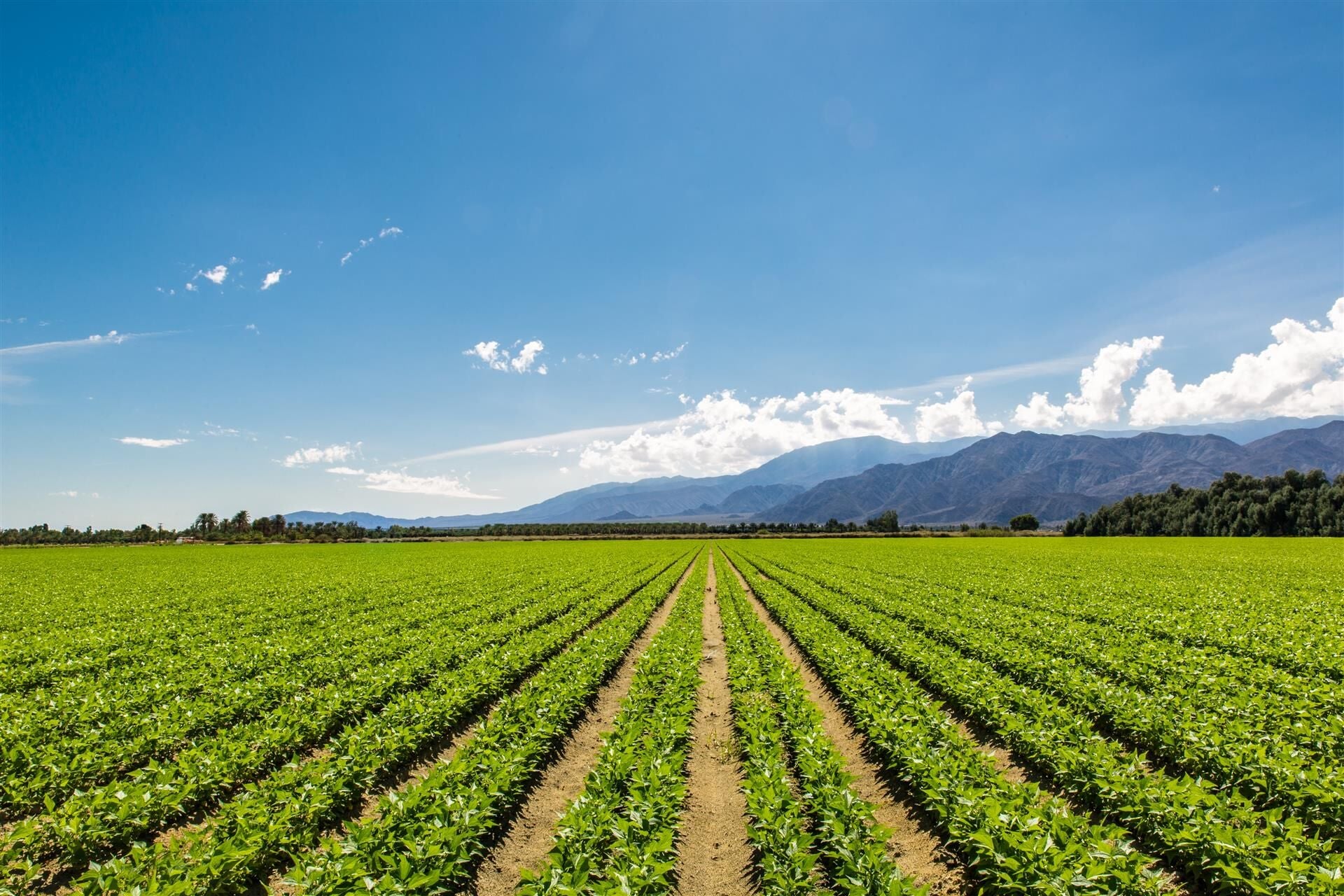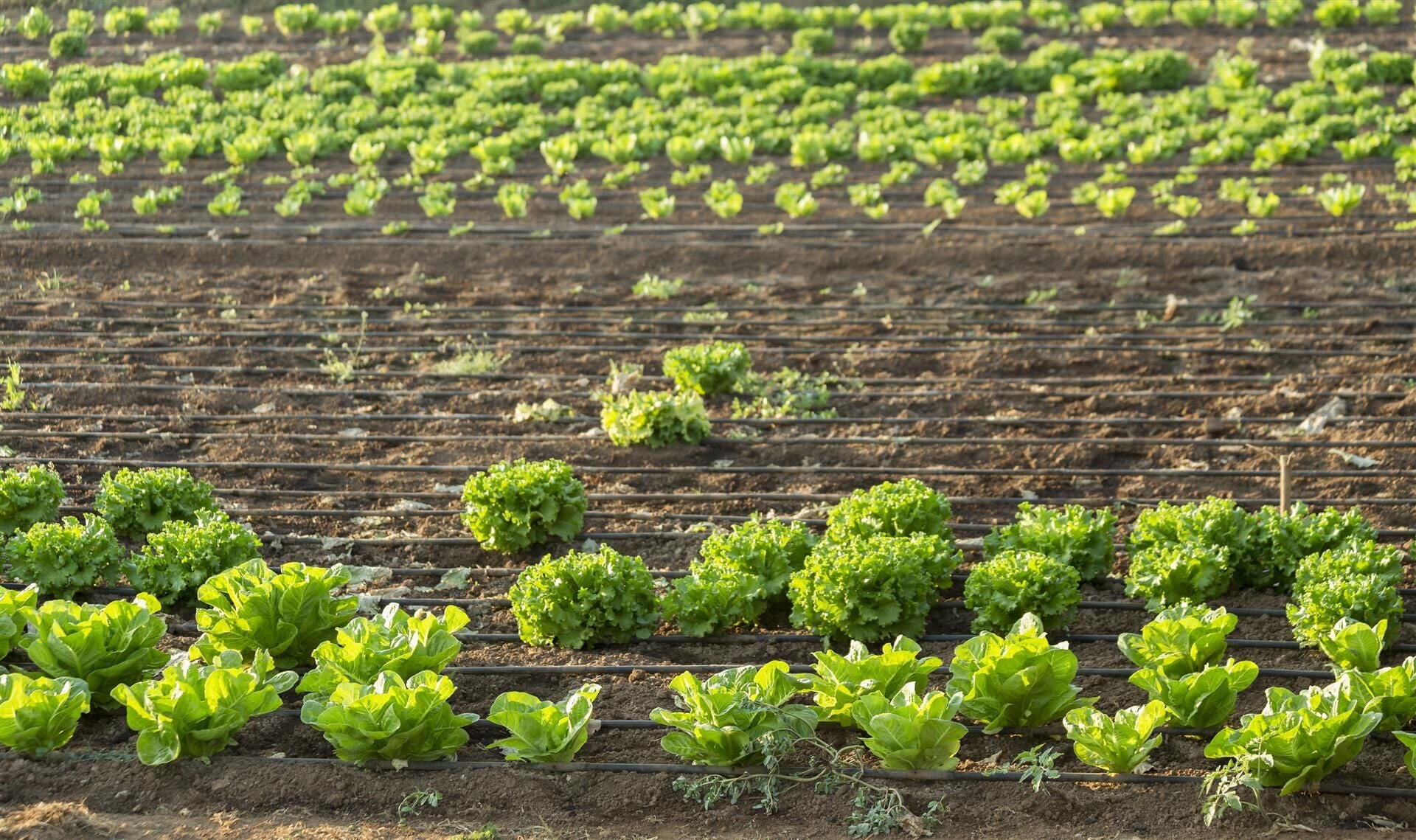Organics gets big tick for standards.

While it comes several years after most of the rest of the world, a leading organic supporter says the move is better late than never.
Brendan Hoare, the past chief executive of Organics Aotearoa has been campaigning for New Zealand to set a national standard for defining organic products for many years. He said the move is reassuring, finally bringing New Zealand up to the same level as the rest of the world.
'The move to set a national standard for the organic farming sector is reassuring, bringing New Zealand up to the same level as the rest of the world. '
“New Zealand was one of only two top 25 organic markets in the world to have a voluntary rather than compulsory standards, this represents a stick in the ground for the industry, but it should not be where we stop.”
The move to catch up with the rest of the world comes as the organic food market experiences one of the fastest growth rates of any food sector internationally.
What was once the domain of wealthy European and US consumers is now part of the food experience for Chinese and Asian consumers concerned over their food health safety, and with the finances to shop accordingly.
The Organics Aotearoa New Zealand bi-annual market report released in the middle of 2018-identified consumers now seeking ethical, sustainable and authentic natural products that are not only good for them, but good for the planet.
Chairman of Organics Aotearoa NZ Doug Voss said New Zealand was well placed to ride this wave and has the reputation, production and export capabilities to meet demand domestically and internationally for organic food.
“It is up to producers, marketers, retailers and policy makers to act on the market signals.”
The 2018 report revealed the organics sector had grown twice as fast as conventional food products, up 8.8% to $245 million in New Zealand, with eight out of 10 New Zealand consumers buying organic fresh, frozen or packaged food and beauty products at least once a fortnight.
Exports now exceed domestic sales, up at $355 million or a 42% increase since 2015.
The good news for New Zealand producers is the demand increase is falling in areas New Zealand is particularly good at – fruit and vegetable production and dairy in a Chinese market that has experienced 45% compounded annual organic growth over the past five years.
But Brendan Hoare had a caution for the sector, and as much as he welcomed the standards, he equated them to New Zealand getting its “L” plates while the rest of the world was racing ahead.
“This is really just a standard for production and for retail.”
He said many main markets have expected this standard for years as an entry base point, and were now wanting even higher standards of organic accreditation.
To be simply accredited as “organic” was often not enough, with expectations around recycling, sustainability and even worker welfare standards becoming more common.
There is also a call for more full cost food accounting by customers wanting to better understand where the full cost of food production falls.
Hoare says such moves mean New Zealand organics, with its frequent reliance upon pasture based, free range systems is even better positioned than many to take advantage of these developing trends.
Organic farmland has increased 15% between 2015 and 2016, with 58 million hectares under organic systems. New Zealand accounts for a tiny portion of this, covering almost 90,000ha, up 50% driven mainly by an increase in organic dairy farms.
Exports of organic fresh fruit and vegetables has increased 26% over the past two years, with dairy, meat and wool up 45%.
Brendan Hoare said the challenge for New Zealand’s organic farmers and producers would be to make the next broad step to a more holistic approach to food production, where organics is part of the formula, but it also includes a strong provenance story and combines other sustainability aspects like recyclable packaging into the product’s marketing.
“The challenge is for New Zealand to now develop a common strategy as a country and it’s time to now have that conversation.”
Bayleys national country manager Duncan Ross said as farmers grapple with the challenges of ever tightening nutrient loss limits, organics represented a sound option to consider, with premiums that reflected the additional work and lowered production that often accompanied the practice.
”As farmers grapple with the challenges of ever tightening nutrient loss limits, organics represents a sound option to consider.”
“Our agents report more buyers spending time doing due diligence on a farm’s nutrient footprint, and looking at their options.
“Realistically organics is one of those now possible across the entire pastoral and cropping spectrum. All farmers want to leave the land in a better state than they found it- for some organics offers a way to achieve that, and make an economic return in a sustainable fashion.”
